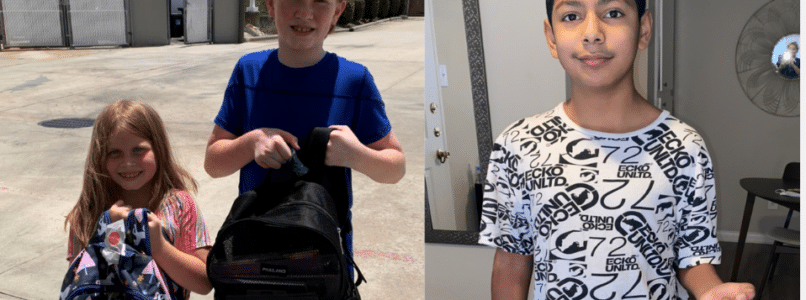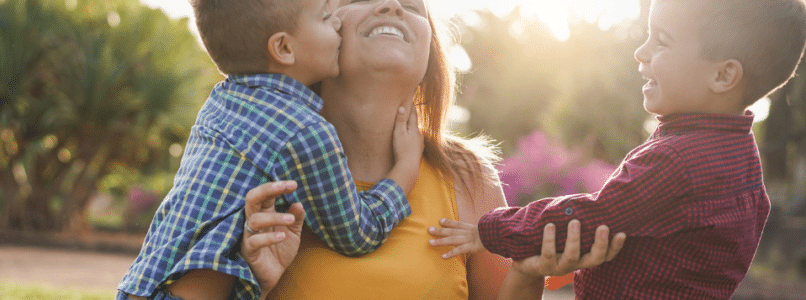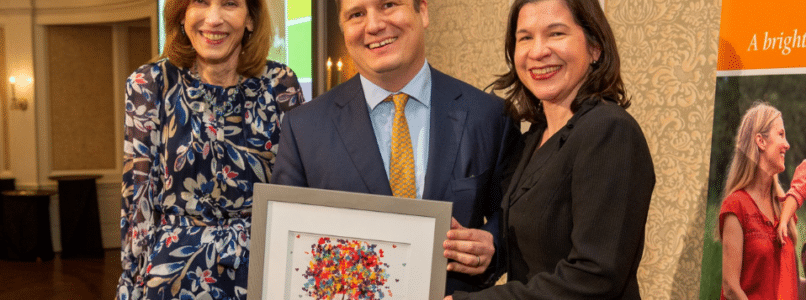Aunts and uncles play a critical role in the care and raising of many children. They are especially important to children in foster care because they often take on the responsibility of caring for children in their extended families who have been removed from their parents, helping those children stay connected to their own personal backgrounds and heritage.
July 26 is National Aunts and Uncles Day. At DePelchin, we want to use the day to express gratitude to all who provide kinship care, which is a type of foster care provided by relatives or close friends.
When children are removed from their homes, Child Protective Services (CPS) seeks first to place them with a relative. In 2021, 45% of Texas children taken into CPS custody were placed with kin, which can have many advantages: Placement with a relative can allow children to remain connected to their families, cultures, schools and communities. It also increases the likelihood that they will achieve “permanency” – adoption or a reliable relationship with the same family – before reaching adulthood.
Aunts and uncles, along with grandparents, are some of the relatives most likely to provide kinship care. These relatives often care for children who are difficult to place with traditional foster families, either because of their age or their unique needs, and thus play a key role in a state short on placements for children in foster care.
At DePelchin, we believe it is important for kinship caregivers to become licensed foster parents, which makes additional supports available to those families. We assign specialists to kinship caregivers to help them through the licensing process. Once they become licensed foster parents, kinship caregivers working with DePelchin have free access to services we provide to other licensed foster families, such as mental health services and parenting training.
If you or someone you know is providing kinship care and would like more information about DePelchin’s kinship care programs, please click here.
Thank you to the supporters who help us support kinship caregivers. Most importantly, thank you to the aunts, uncles, and other relatives who care for children in your extended families when they need it most.









